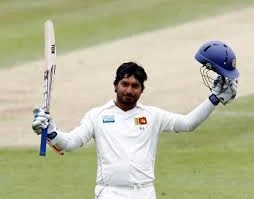Beyond
economic fundamentals and market trends, the psychology of investors plays a
significant role in shaping their decisions. Understanding these psychological
factors is crucial for investors and market regulators to enhance market
efficiency and investor protection. Educational
initiatives and regulatory interventions are crucial to mitigate these biases, promoting informed and rational investment behaviour. This
report explores the effectiveness of various educational and regulatory
measures in addressing behavioural biases among retail investors in India.
Factors
Influencing Investors
1.
Risk Perception and Aversion:
o Loss
Aversion: Retail investors in India often exhibit a
strong aversion to losses. Behavioural studies suggest that losses are
psychologically felt more intensely than gains of the same magnitude. This can
lead investors to hold onto losing positions longer than they should, hoping
for a recovery, which may not materialize.
o Risk
Tolerance: Investors' tolerance for risk varies widely.
Younger investors might be more inclined to take risks for potentially higher
returns, whereas older investors nearing retirement may prefer safer
investments.
2.
Overconfidence Bias:
o
Many retail investors in India exhibit overconfidence
in their investing abilities. This bias can lead them to trade excessively,
resulting in higher transaction costs and suboptimal returns. Overconfident
investors may also underestimate risks associated with certain investments.
3.
Herding Behaviour:
o
Retail investors often exhibit herding behaviour,
especially in response to market movements or tips from peers and media. This
behaviour can amplify market volatility and lead to bubbles or panics.
4.
Anchoring and Framing:
o
Investors tend to anchor their decisions to a
specific reference point (e.g., purchase price). This can influence their
selling decisions, as they may hold onto an investment until it reaches a
certain price point, regardless of its current market value.
5.
Availability Bias:
- Retail
investors in India may overweight information that is readily available
or recent in their decision-making process. This bias can lead to
underestimating the probability of less prominent events or risks.
The psychology of retail investors significantly influences their decision-making process in the Indian capital market. By understanding and addressing these behavioral biases through education and effective regulation, stakeholders can enhance market efficiency, investor protection, and overall market stability.



